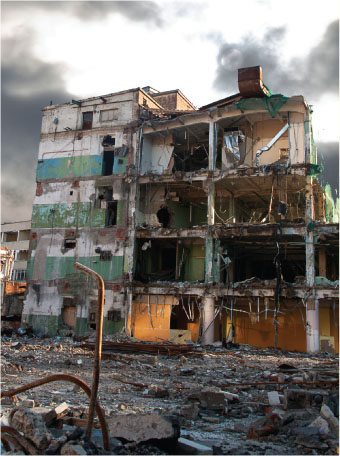Because terrorist acts have unique characteristics that are unlike natural disasters, traditional loss-prevention tools often fall short when preparing for this risk, according to the Insurance Institute for Business & Home Safety (IBHS).
The 10-year anniversary of the Sept. 11, 2001 attacks presents an opportunity for risk managers to consider what they can do to reduce the physical, economic and psychological damage that terrorists seek to inflict.
“The hybrid approach of combining structural mitigation and business continuity is something we are seeing a lot more of across the board,” Debra Ballen, general counsel and senior vice president of public policy for IBHS, tells NU.
Recommended For You
Want to continue reading?
Become a Free PropertyCasualty360 Digital Reader
Your access to unlimited PropertyCasualty360 content isn’t changing.
Once you are an ALM digital member, you’ll receive:
- Breaking insurance news and analysis, on-site and via our newsletters and custom alerts
- Weekly Insurance Speak podcast featuring exclusive interviews with industry leaders
- Educational webcasts, white papers, and ebooks from industry thought leaders
- Critical converage of the employee benefits and financial advisory markets on our other ALM sites, BenefitsPRO and ThinkAdvisor
Already have an account? Sign In Now
© 2025 ALM Global, LLC, All Rights Reserved. Request academic re-use from www.copyright.com. All other uses, submit a request to [email protected]. For more information visit Asset & Logo Licensing.








